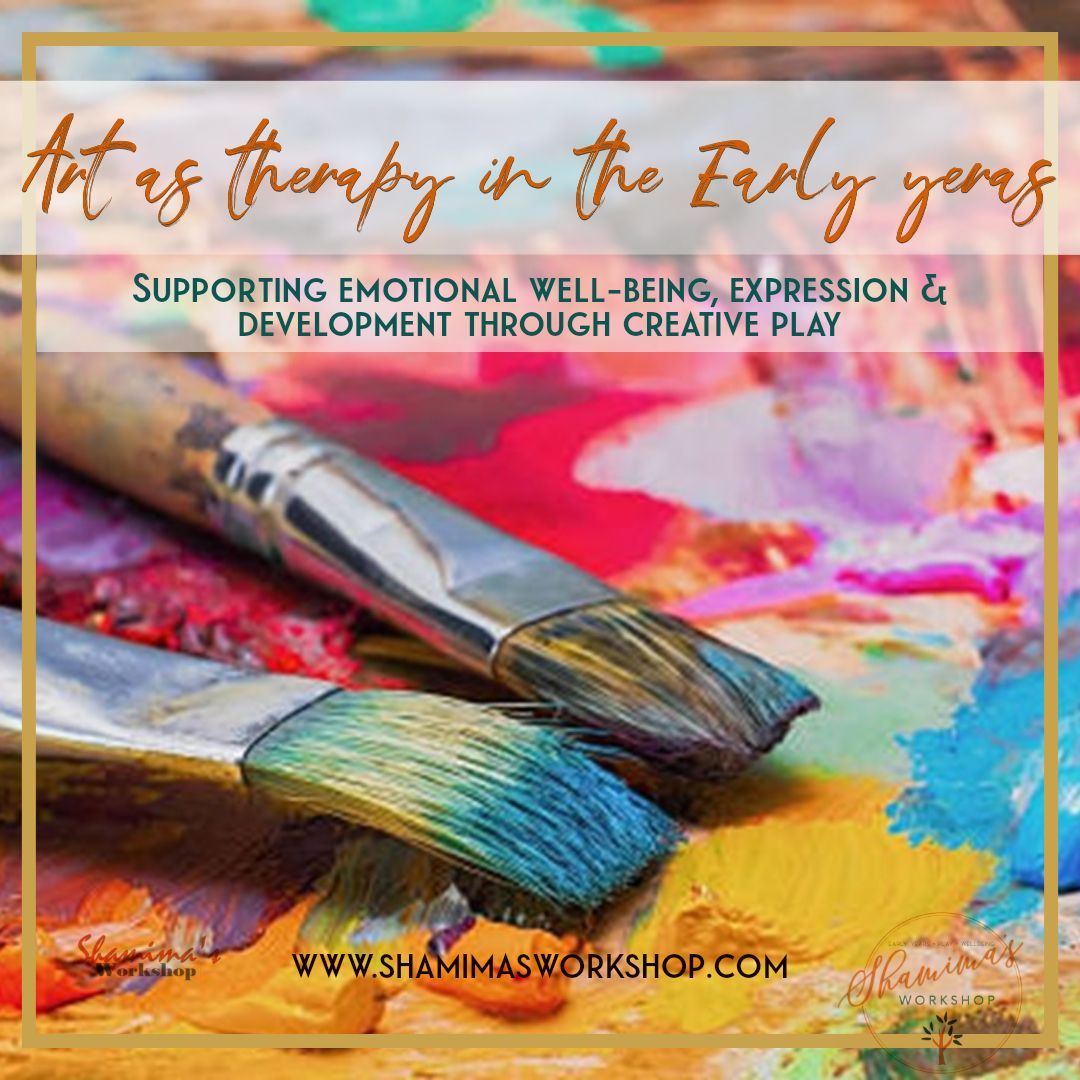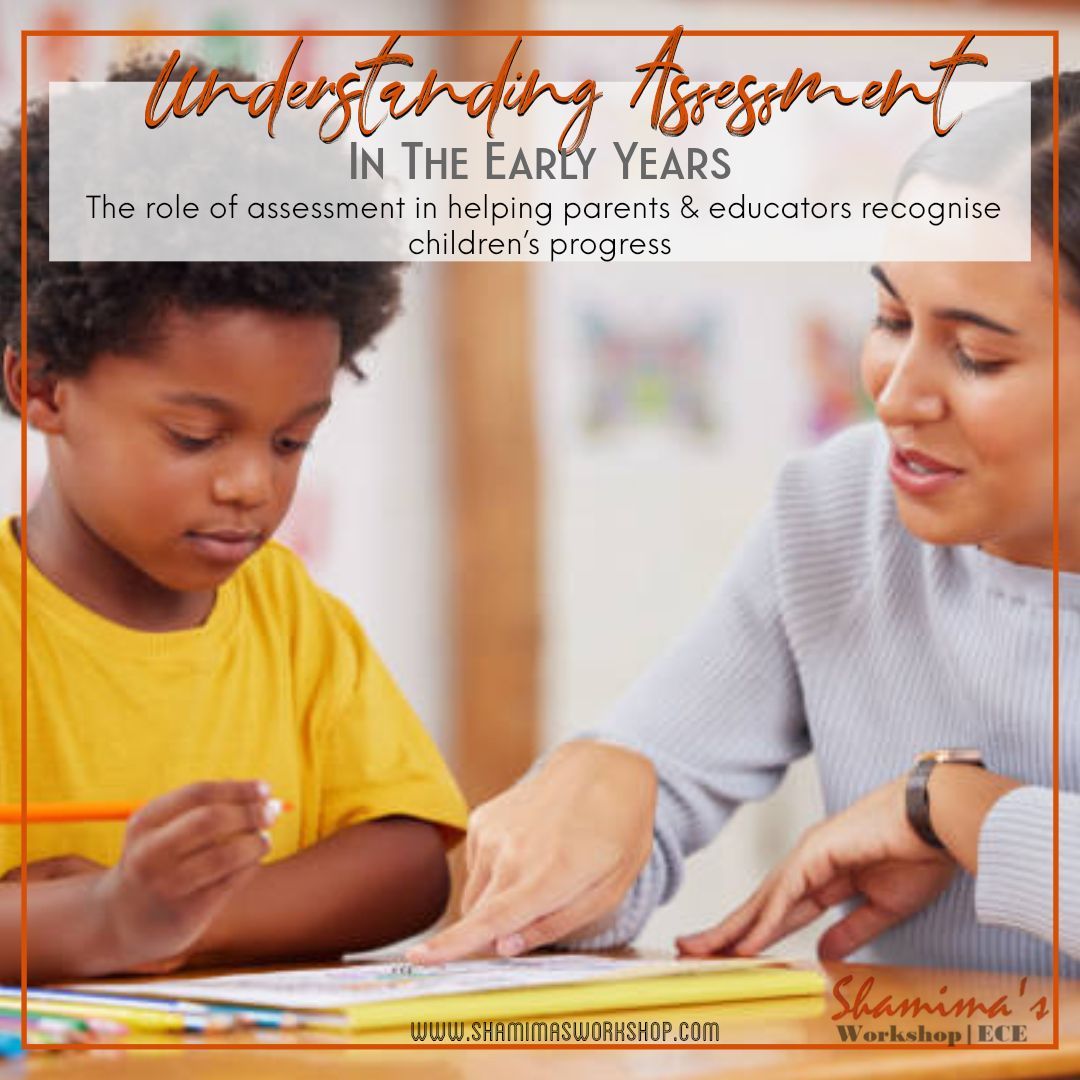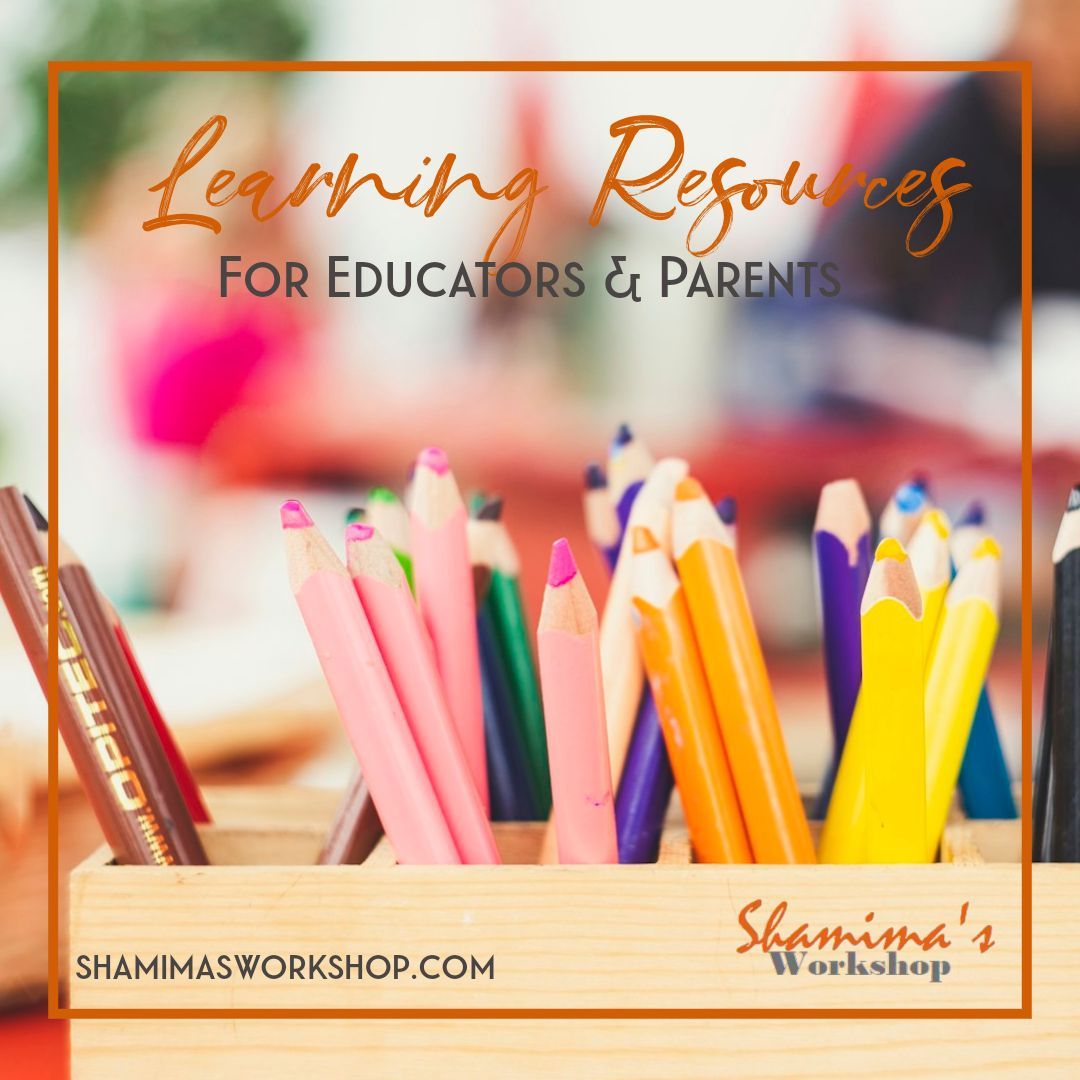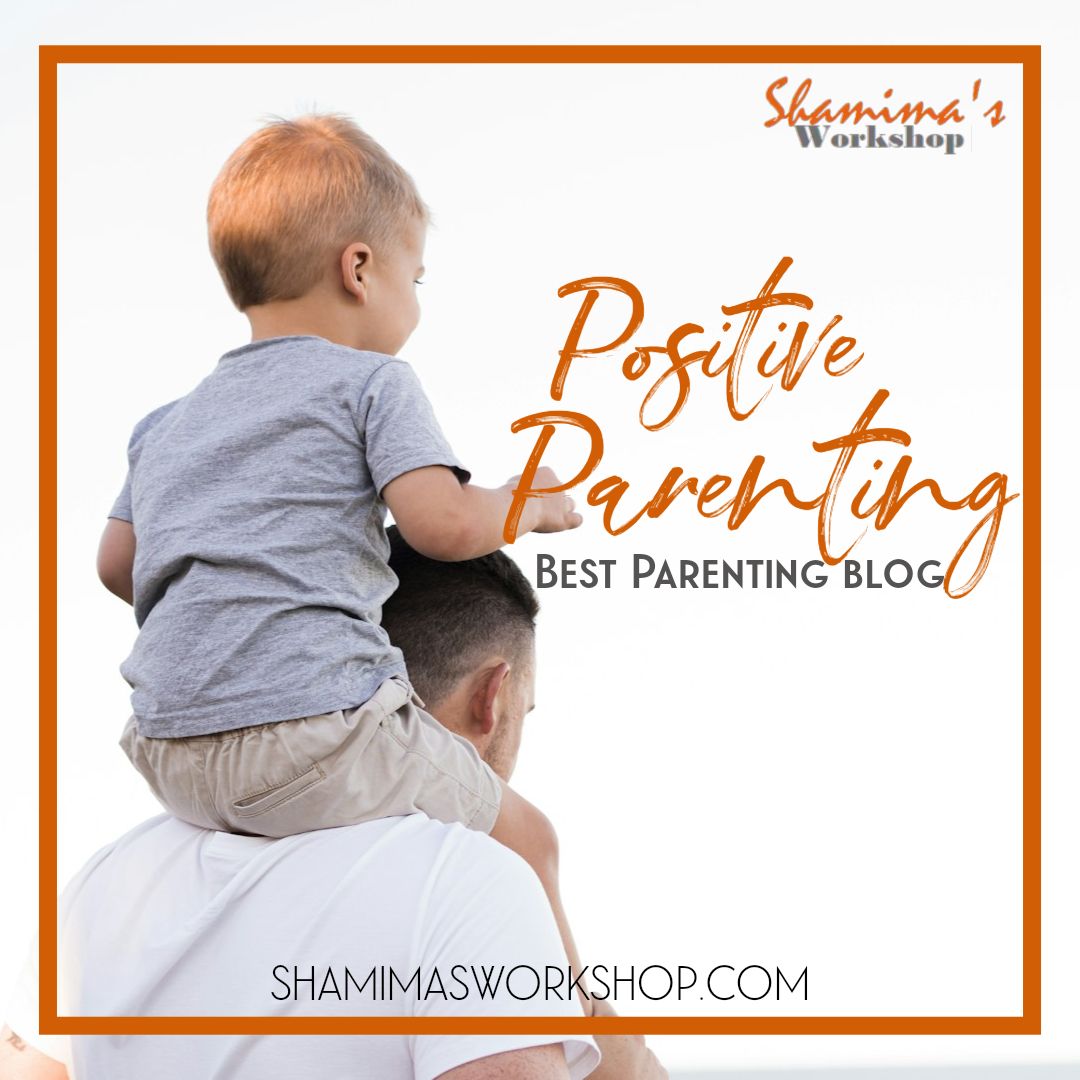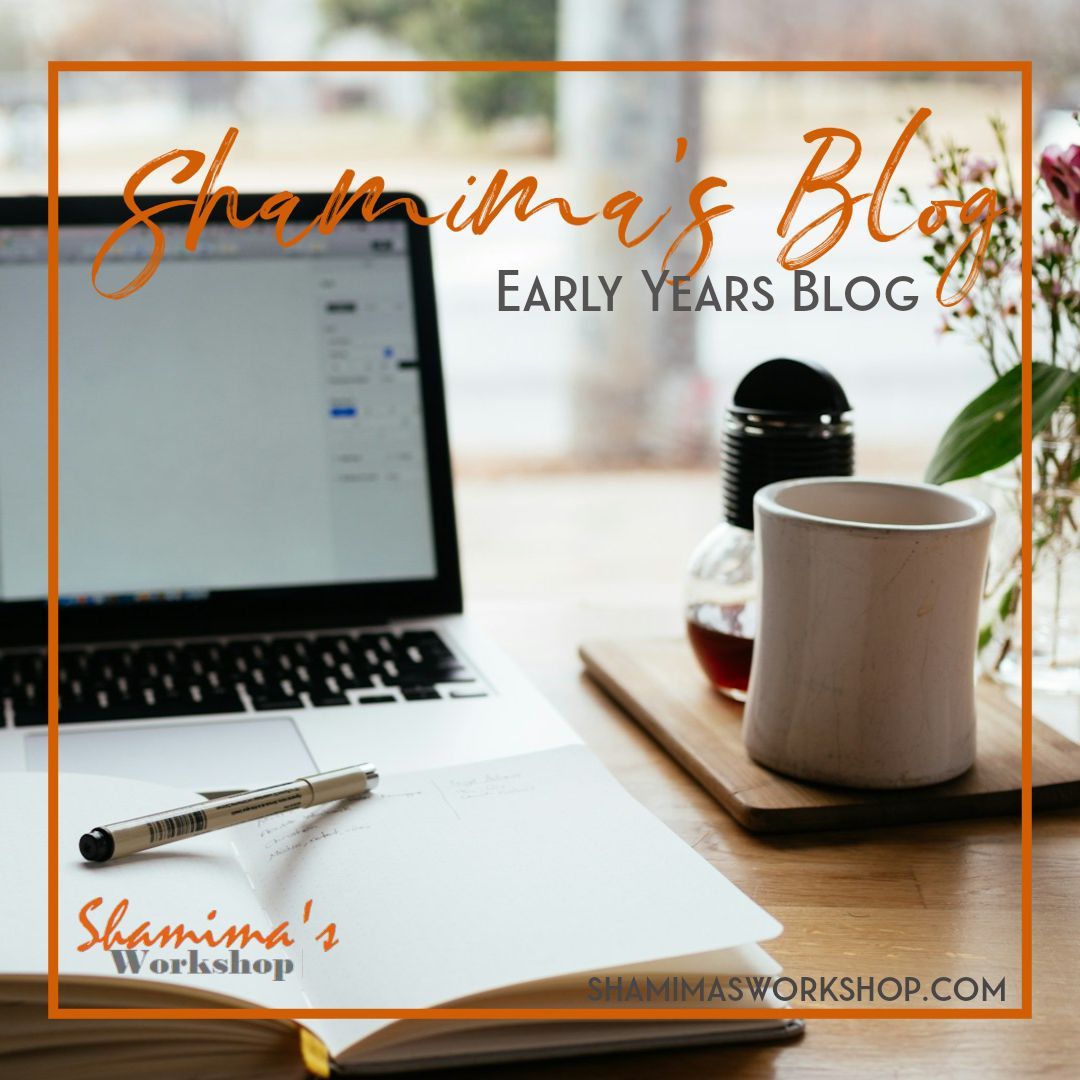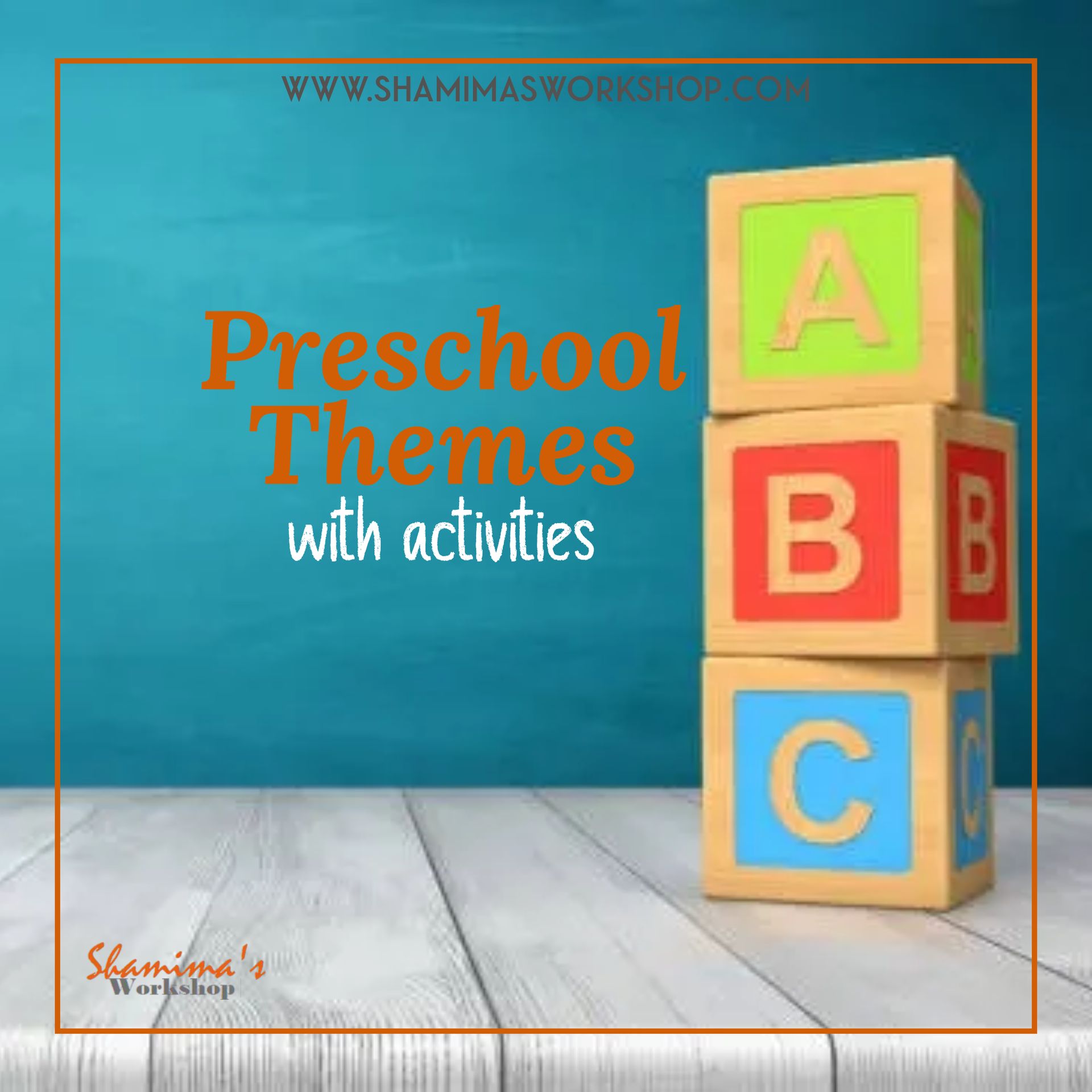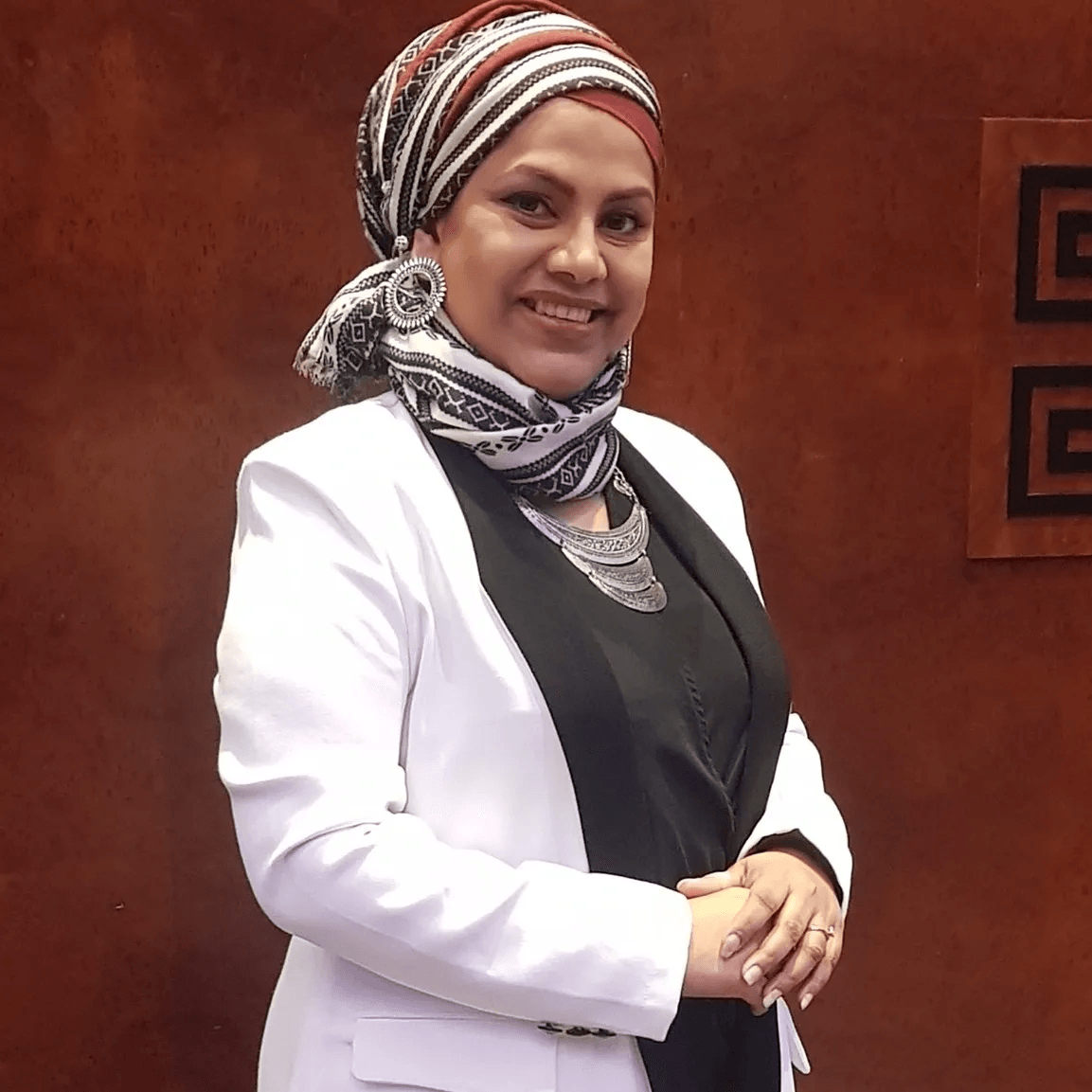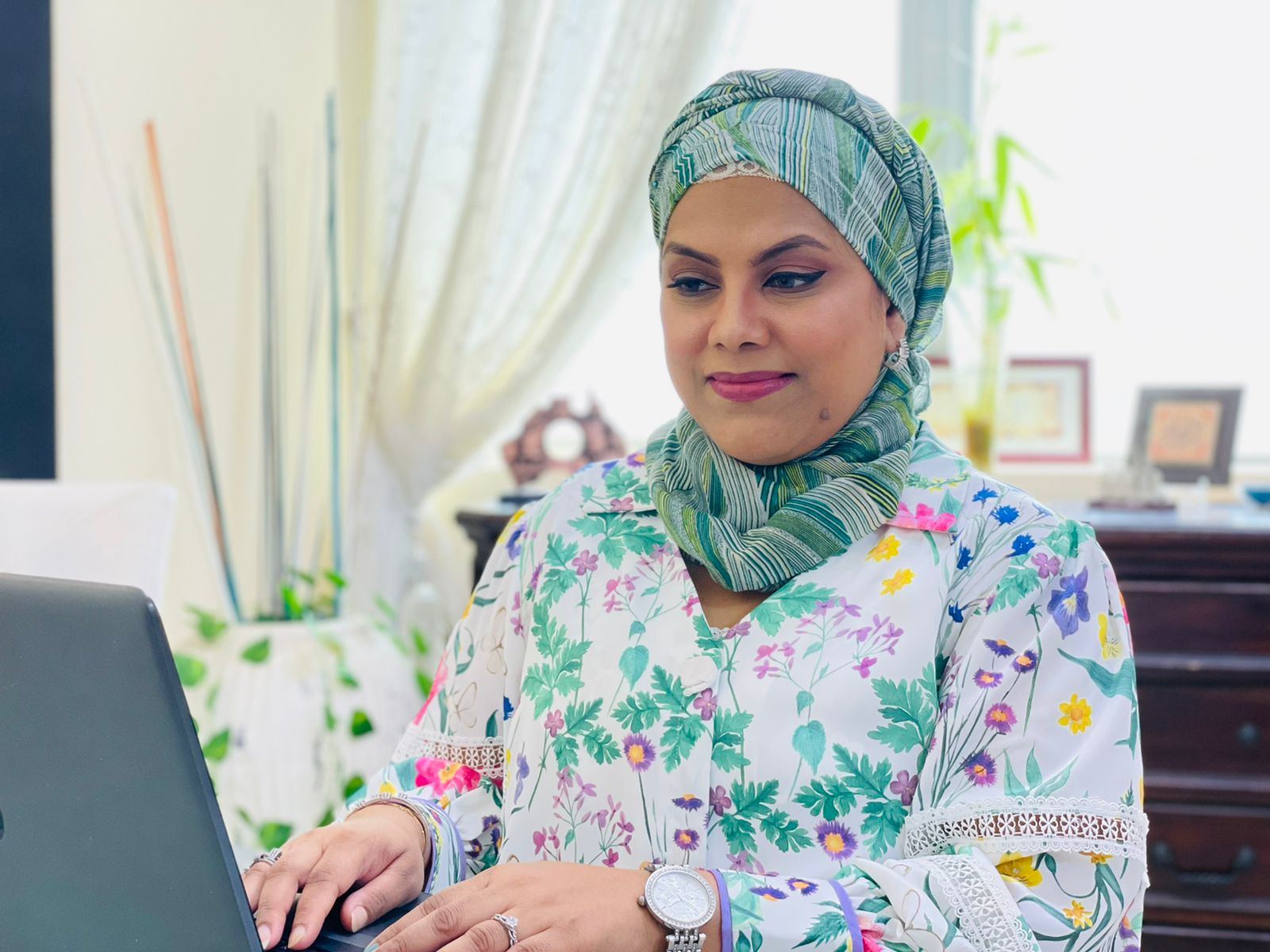Activities that promote children's emotional well-being
Activities that Promote children's emotional well-being.
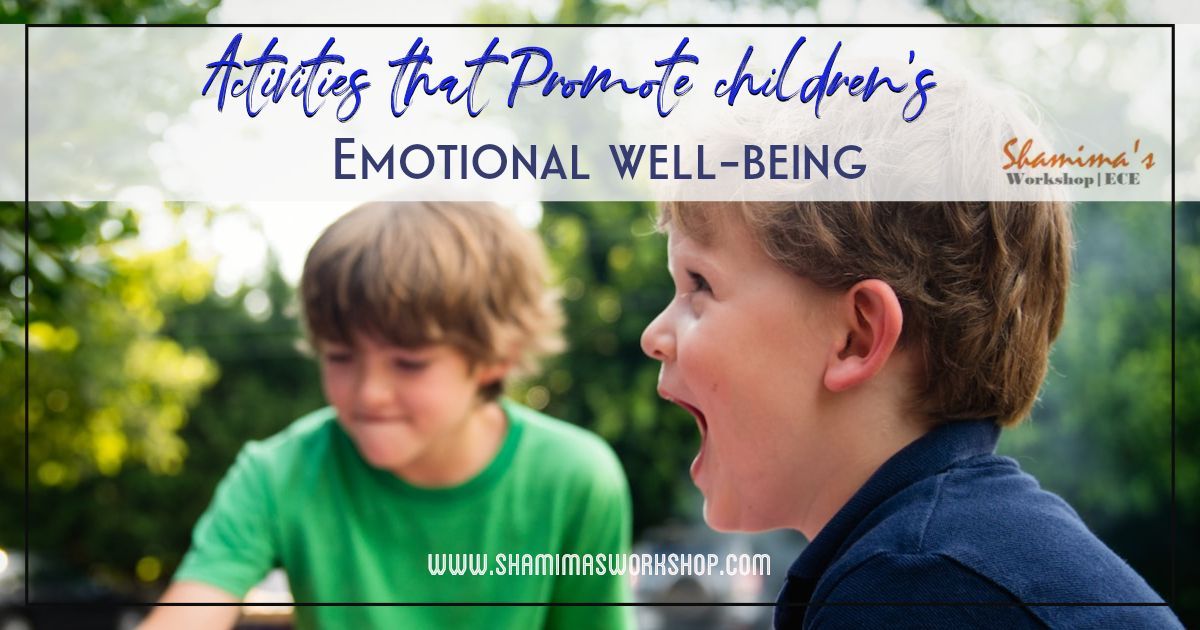
Activities for Birth - 1 year 11 months:
Spending time with them and making sure bonds with them are strong are the main ways we support children in this age group. Since children in this age group have a tendency to put objects, any equipment or resources used must always be risk assessed first.
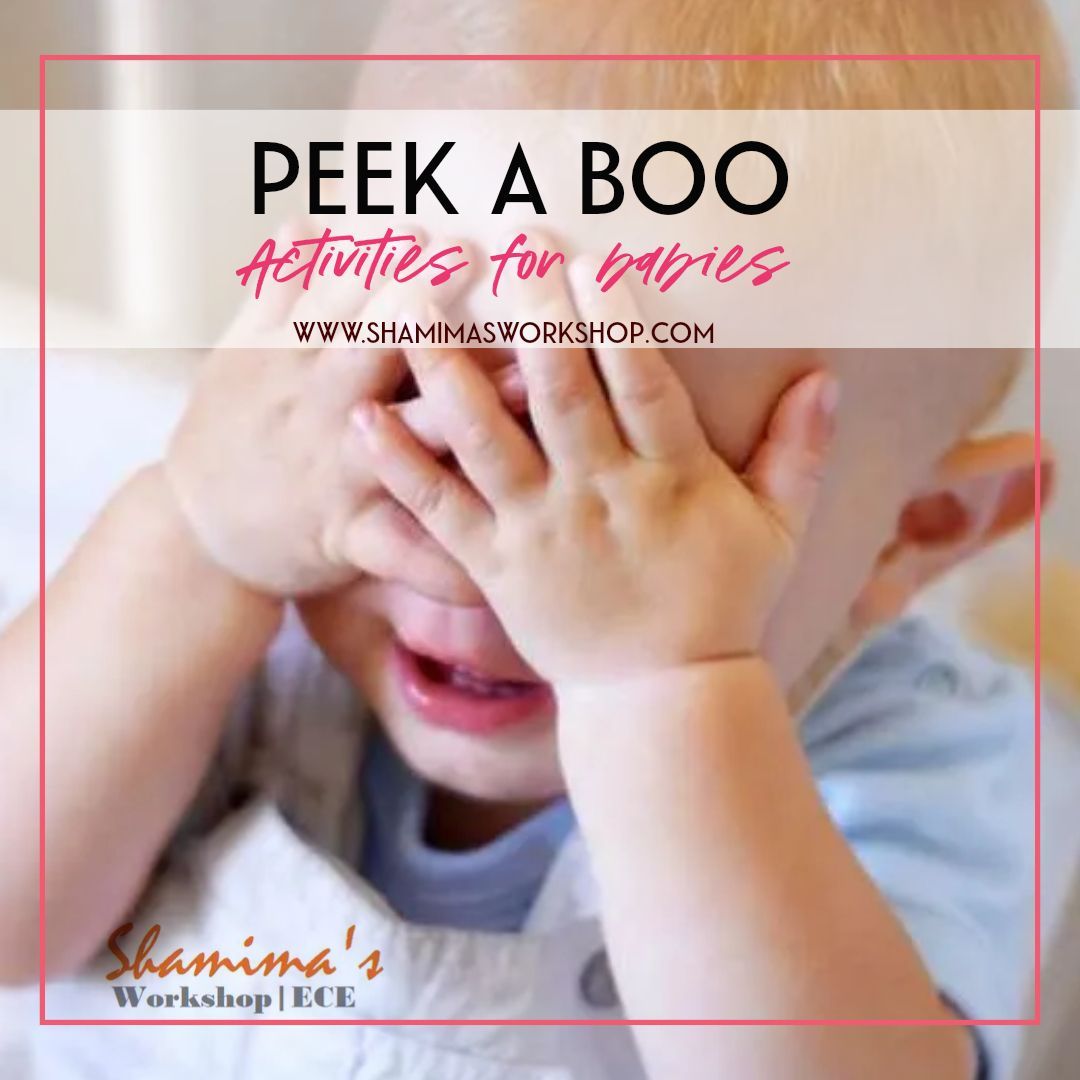
PEEK A BOO :
Generations of parents and adults have enjoyed playing the popular game of peek-a-boo with young children and babies. The simple act of being hidden and then "found" seems to benefit young children's development in addition to delighting them. Another predecessor to games like Hide and Seek is peek-a-boo. Playing peek-a-boo with adults can make children more comfortable around them. Additionally, they support children in communicating their emotions and in understanding that adults are there for them. enables infants and toddlers to take control by removing the fabric and "finding" their play partner. It can also make them feel special and wanted to be found which help them to express their emotions. .
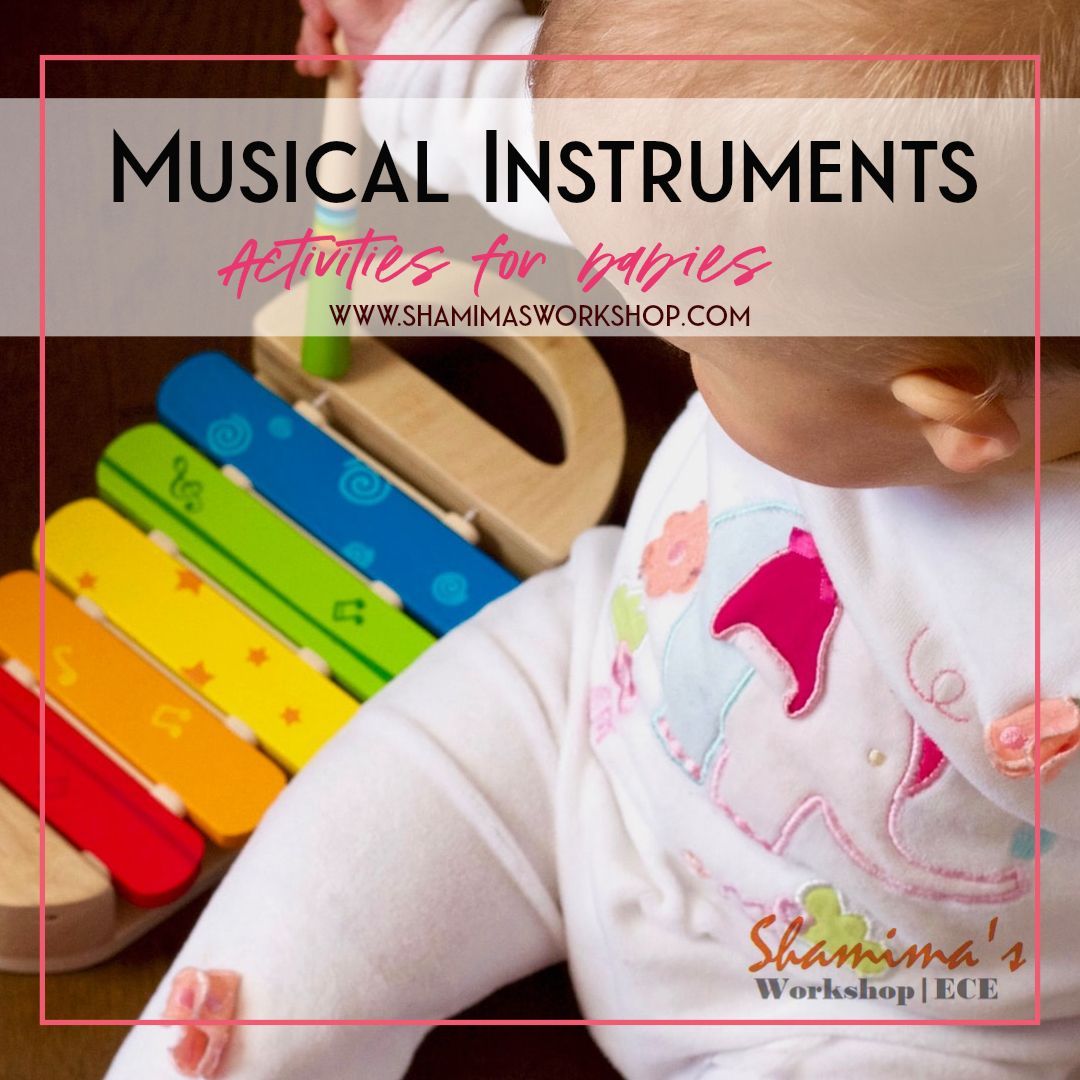
MUSICAL INSTRUMENTS:
Children can express their emotions through musical play such as singing or making sounds with toys or simple instruments. Babies enjoy musical toys that play music when they turn a dial or press a button. This gives infants a sense of competence and can support the growth of their sense of self-efficacy.
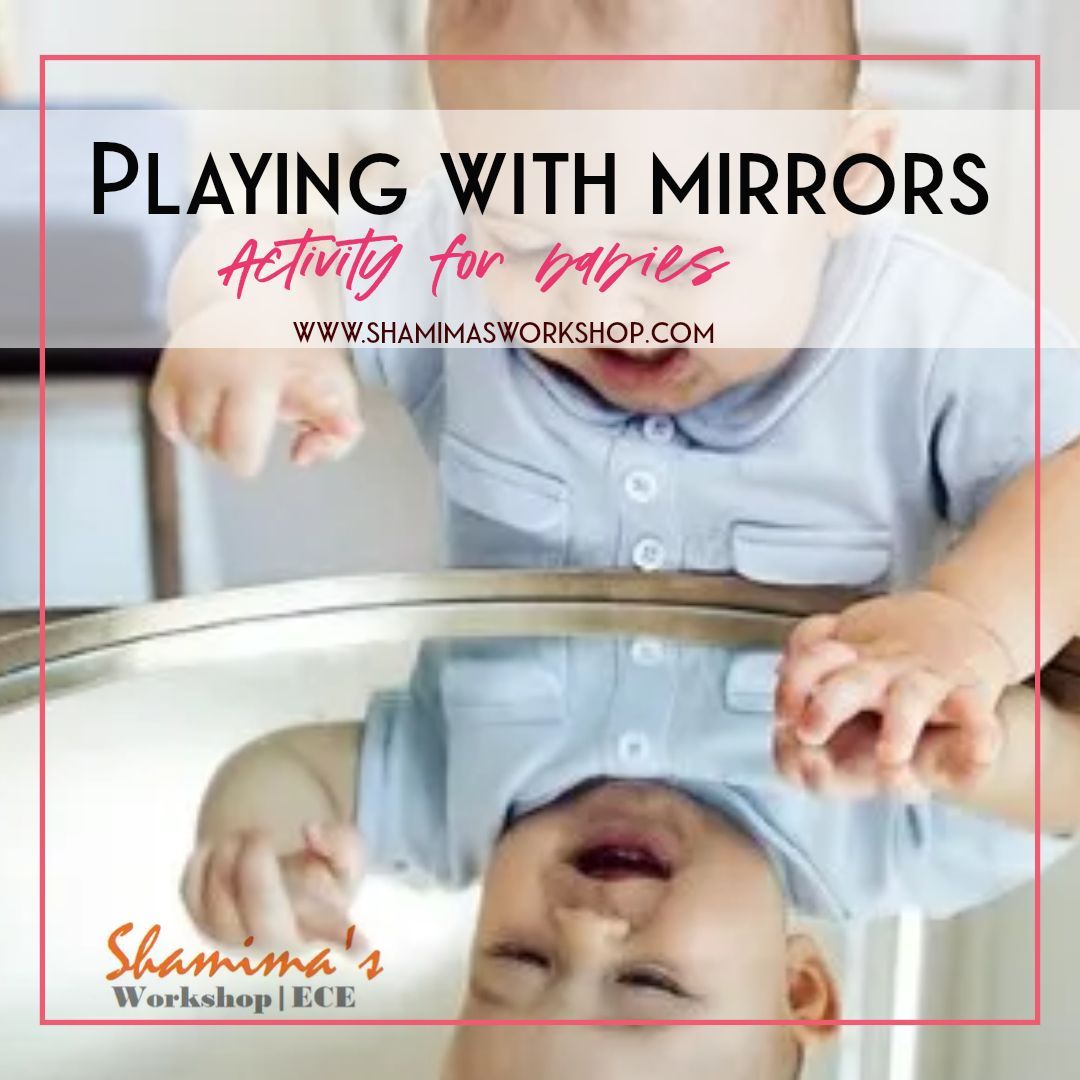
PLAYING WITH MIRRORS :
Mirrors hold a special appeal for young children of this age because they help them form an early sense of identity. The purpose of looking through the looking glass is to teach your child how to train her eyes to focus, how to follow pictures, how to learn new words, and how to discover the amazing things a face can do. It's also a significant social and emotional milestone that babies typically reach during their first year of life when they begin to enjoy their own blinking, smiling reflection in a mirror. Offer your baby age-appropriate mirrors made of a safe material, such as acrylic with mirrors or plexiglass, rather than actual glass.
Activities for 2- 2years 11 months
When considering play opportunities, especially in terms of safety, keep in mind that children in this age range are known to be impulsive and active. Two-year-old's are still learning how to share and may be able to do this if adults provide them with assistance. Additionally, opportunities for these can be beneficial because children can express their emotions through sensory materials, which they are beginning to enjoy. At this age, children are also fascinated by seeing pictures of themselves and other children.
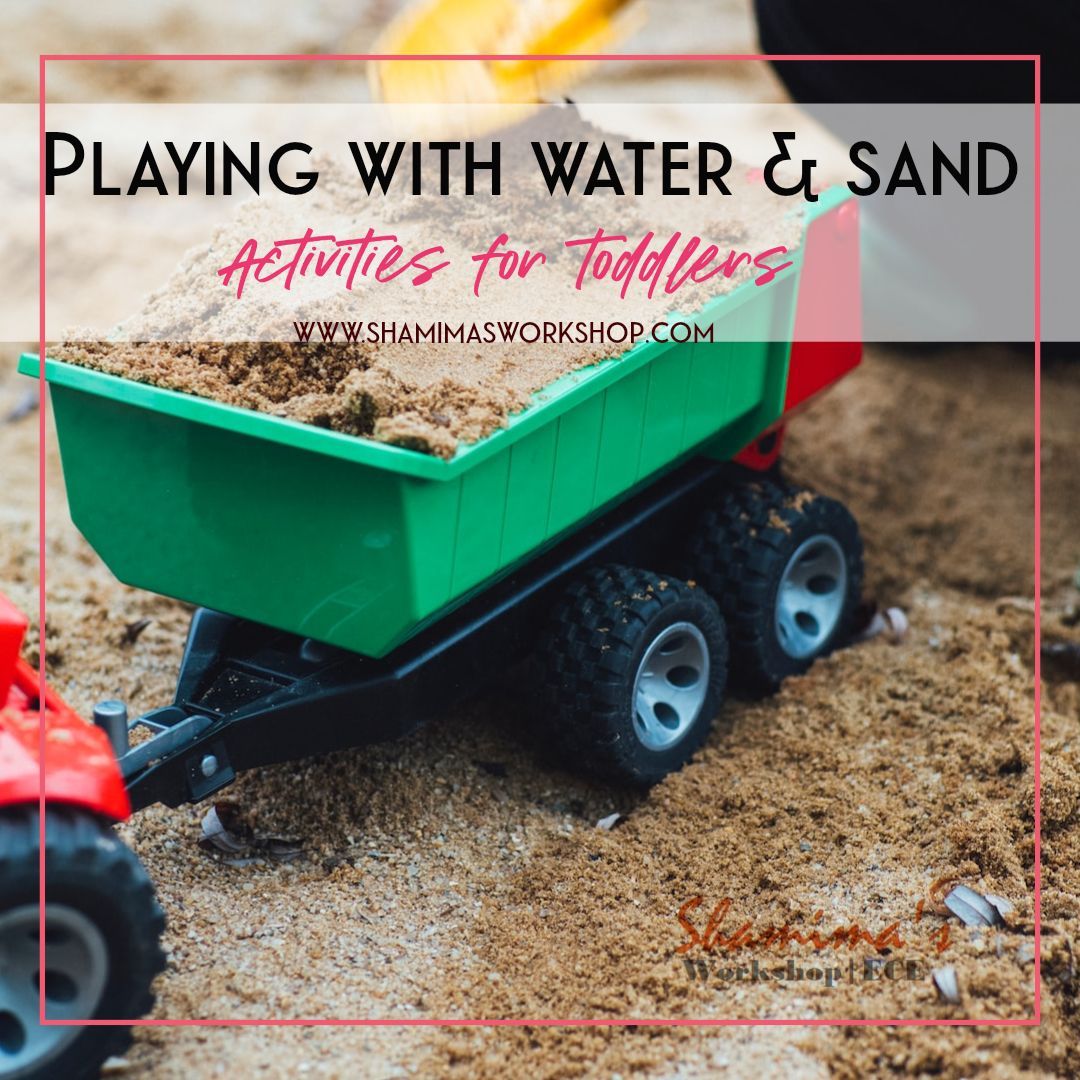
PLAYING WITH WATER & SAND :
Sand and water are examples of materials that children find to be calming and that also give them a sense of power because there is no right or wrong way to use them. These are frequently used to assist children in expressing emotions, such as anger.
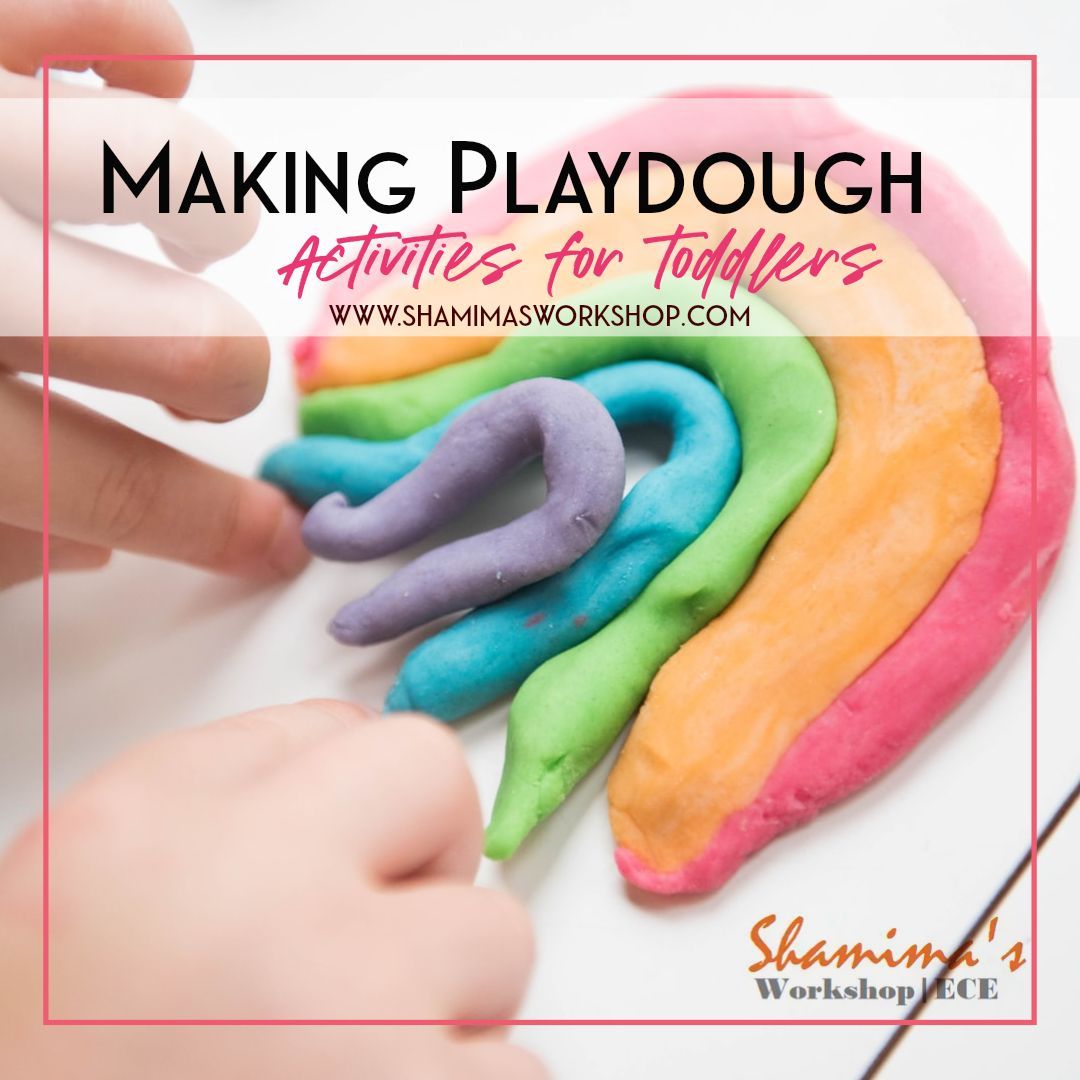
MAKING PLAYDOUGH :
Young children enjoy playing with playdough and will squish, roll, sculpt, and mold it. With this age group, it is feasible to get by, which encourages them to develop feelings of competence and responsibility. They can then play with the dough, which is thought to support in children's emotional release. They can assist children in overcoming strong emotions. Bring out the playdough and props when children seem anxious or angry!

BOOKS AND STORIES :
Children's books are our first exposure to the art of storytelling. Reading aloud to children can support them during a transaction or help them talk about their feelings. They have the chance to learn about emotions through storytelling as they identify with the characters in a book.
Activities for 3-5 years:
This age group of children is beginning to play cooperatively. Role play is important as a sensory material because it enables children to express and explore their feelings. Children can read aloud to adults and enjoy sharing books with them. This is yet another method for teaching children about other people and how to think about emotions. Children like picking up new skills because doing so can help them become more competent.

COOKING ACTIVITIES :
There are a lot of enjoyable and simple recipes out there, despite the fact that cooking with children may seem a little overwhelming. Giving children a choice in what to cook is a good thing, but you also need to make sure the recipe is simple and clear enough.Children who participate in cooking activities gain new skills and develop a sense of self-worth.

SMALL WORLD PLAY:
Small worlds are frequently created with a theme in mind (farms, a building site, pirates at sea, a dinosaur world, etc.) that is current and meaningful to the child at the time. They also frequently include a sensory component (water, sand, dry pasta, leaves, etc.) that adds to the play's challenges. Children can develop a sense of competence as they create imaginary roles for farm animals, play people, or cars by combining sensory materials with small world play. Through these types of play, children can also express their emotions.
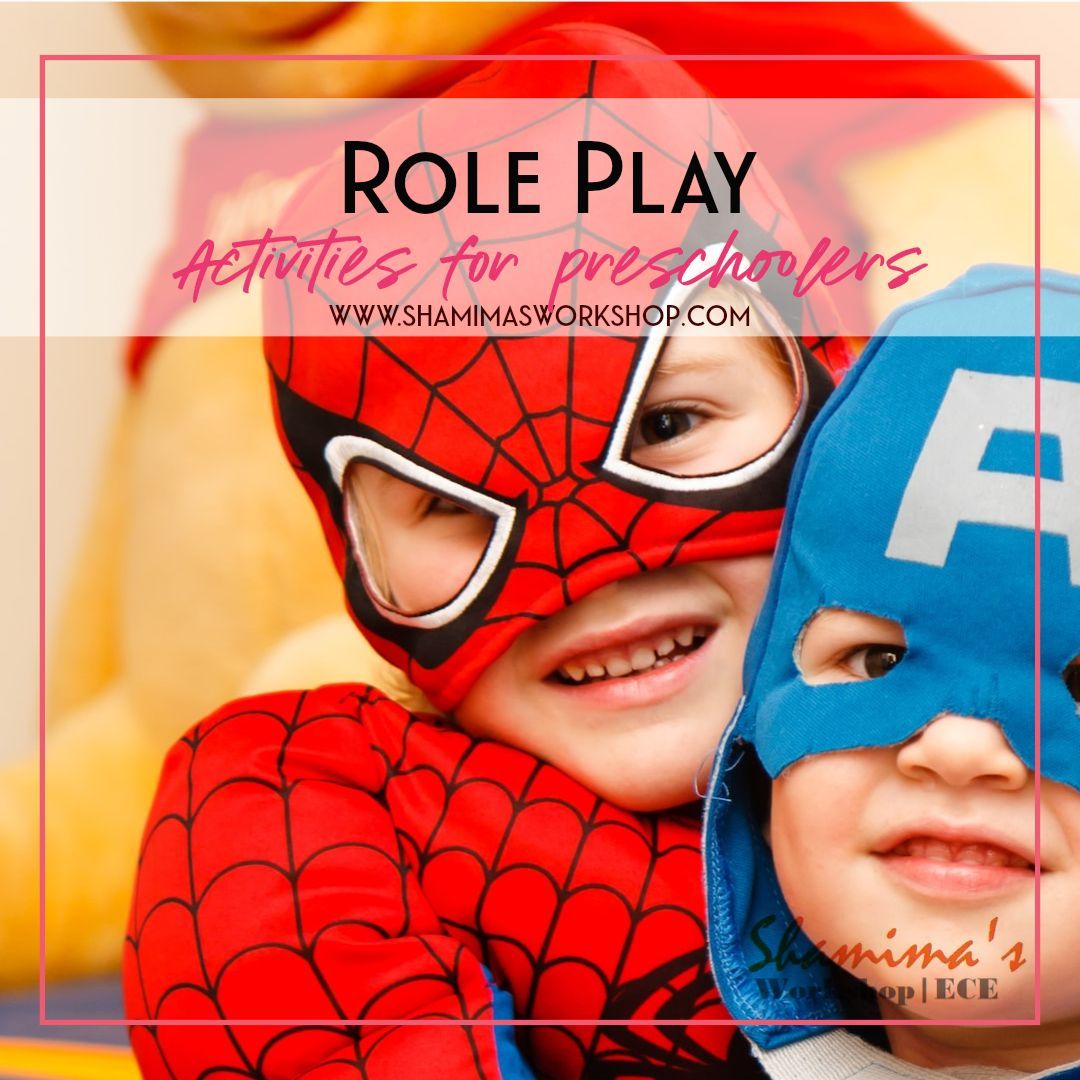
ROLE PLAY :
While this kind of play typically occurs naturally and without much adult direction, you can encourage it by posing the right questions or supplying props, objects, or waste materials. Children can be asked to select and help create a role-playing environment that they would like to explore. They benefit from both learning new skills and feeling competent. Many children express their feelings through acting out what has happened to them. Keep in mind that, as a parent or teacher, you should support and encourage play rather than controlling or directing it.

PAINTING AND DRAWING :
Many children enjoy painting and drawing as a way to express their emotions and experiences. Watch out for a variety of opportunities and options by, for instance, offering a variety of textures, colours, and tools. Older children frequently find it beneficial to express their feelings about what has happened through drawing or painting.
How have you helped your children become aware of their feelings, and decide what to do with them?
Welcome
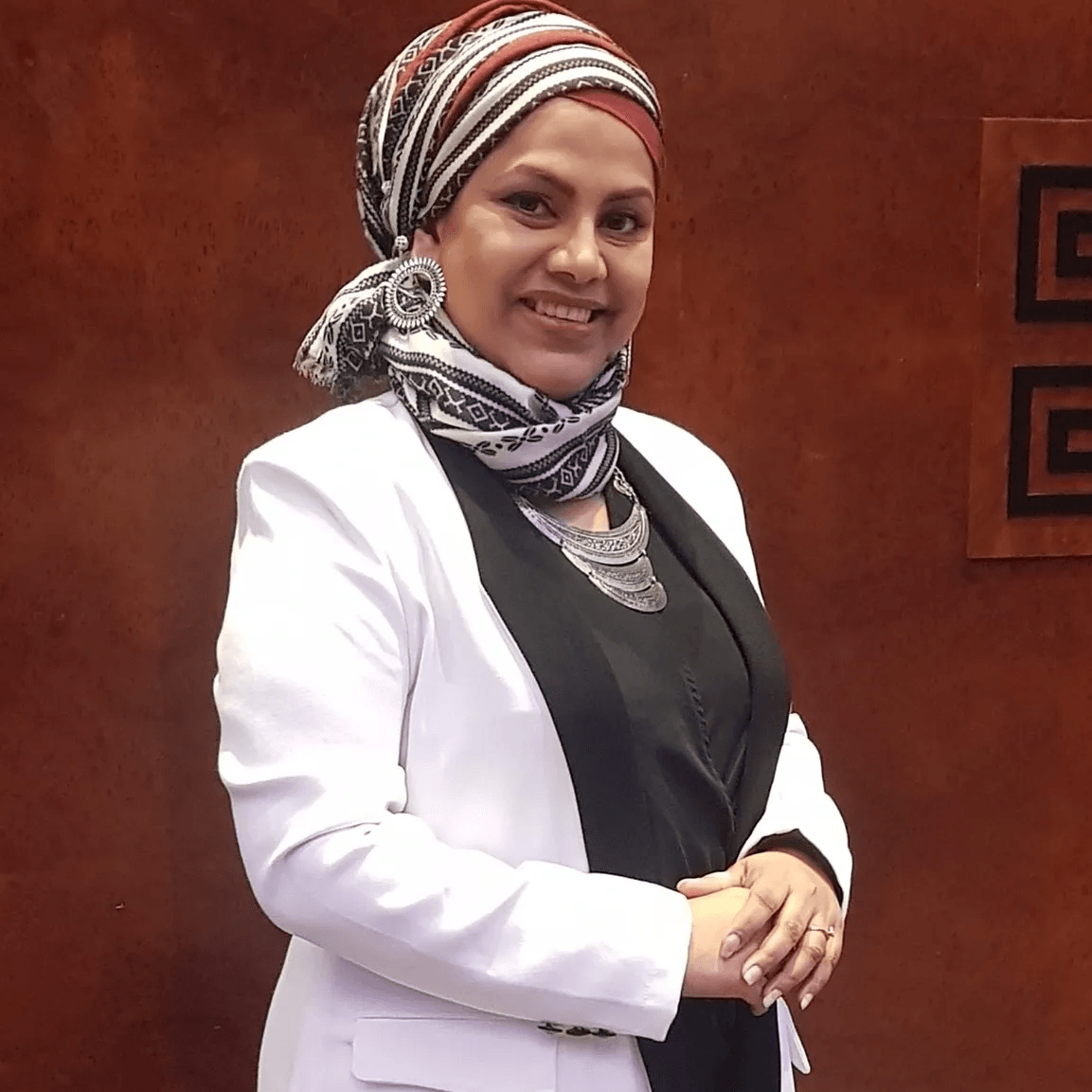
Hi, i am Shamima Fowzee, an early years educator, trainer and consultant. I Share ideas, inspiration, & resources for play-based, inquiry-led learning. Find out more about me here.
SHOP NOW
RECENT POST
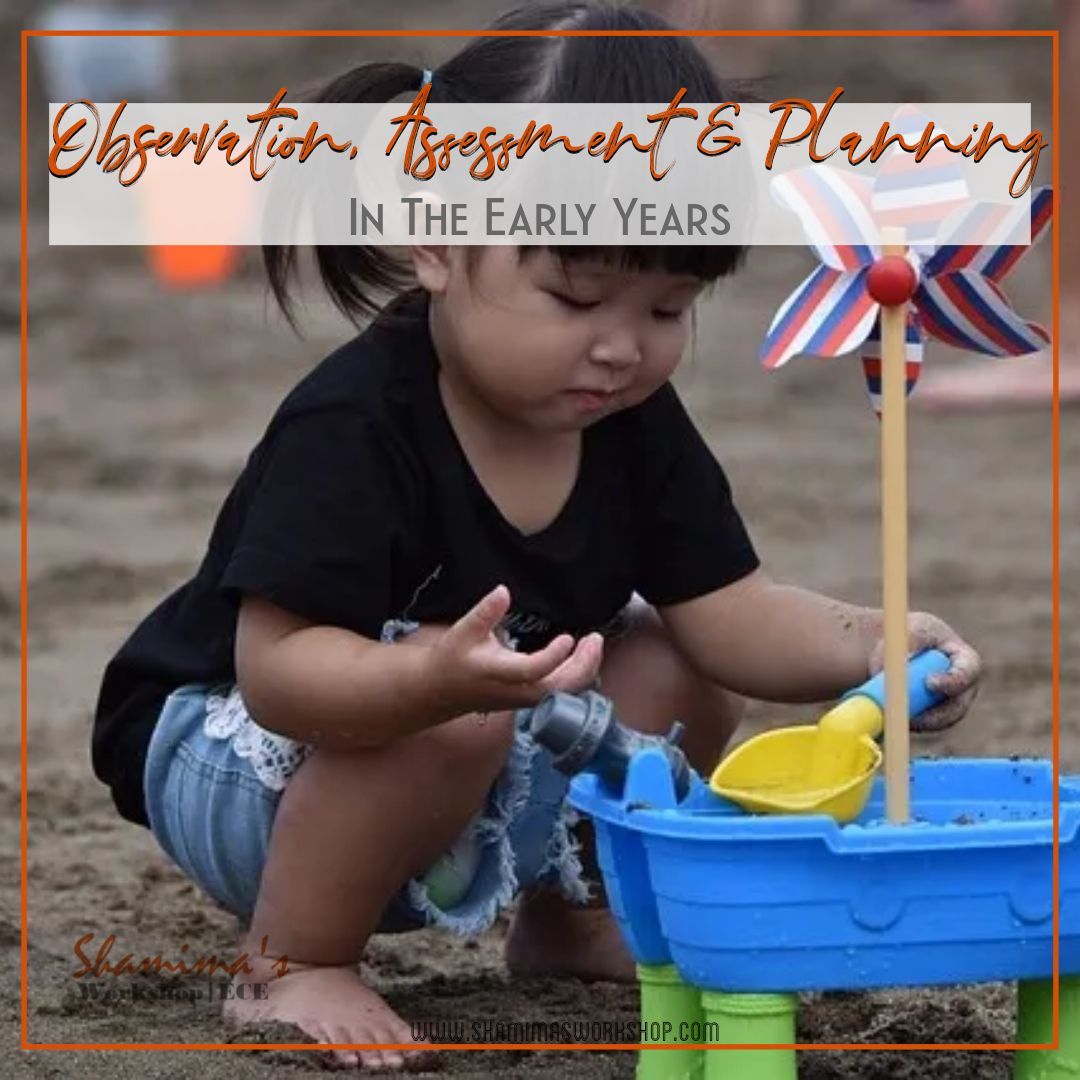
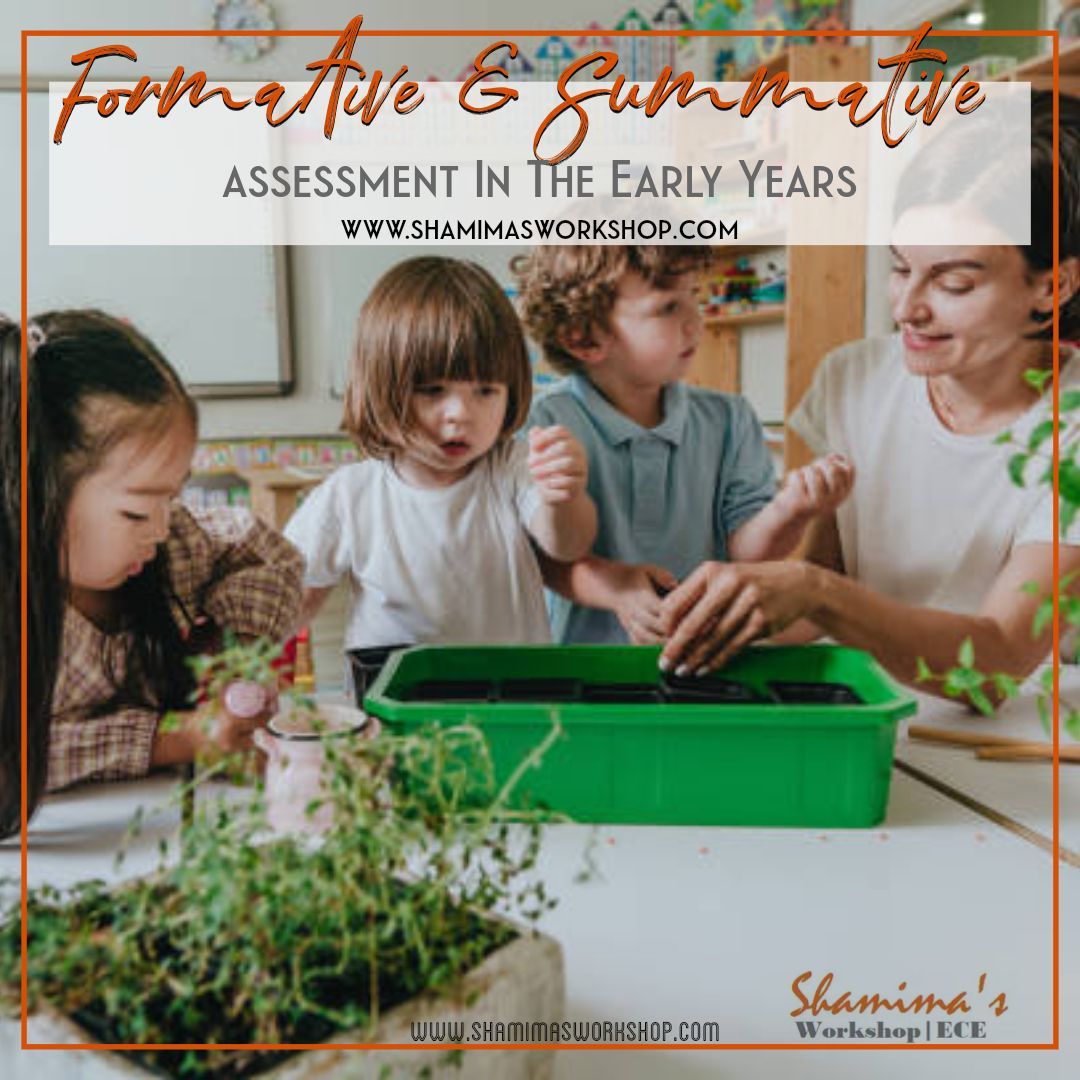
How can I thank you? Spread the word!
For everyone who is passionate about the importance of Early Years.

